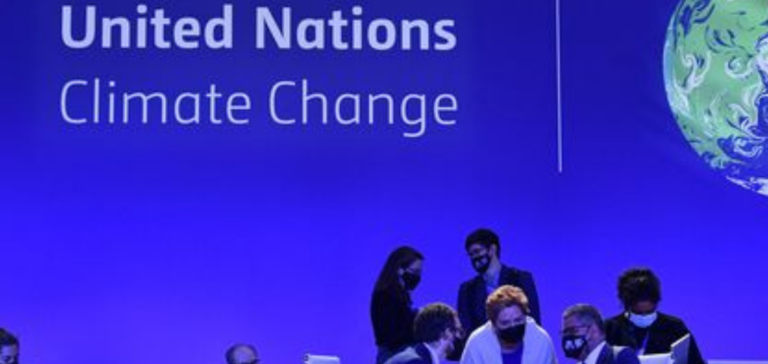In the highly strategic and politicized field of climate negotiations, the United Nations Framework Convention on Climate Change (UNFCCC) illustrates a mosaic in perpetual motion. Five main administrative blocs – African, Arab, Asian, Eastern European and Western – structure the landscape, to which Latin America and the Caribbean can be added. However, beyond these official groupings, coalitions of interests emerge, shaped by sometimes ephemeral alliances and underlying geopolitical tensions.
Traditional Groups and Emerging Coalitions
Traditional blocs such as the G77, comprising 134 developing countries and China, stand alongside more recent coalitions such as the Alliance of Small Island States (AOSIS), united in the face of the existential threat of rising sea levels. The European Union (EU), although not a separate vote, plays a pivotal role, often seeking consensus between the different groups.
Responsibilities and Transversal Themes
Responsibilities within the UNFCCC are divided into three categories: developed countries (OECD), developed countries with special financial responsibilities, and developing countries. Negotiation topics transcend geographical boundaries, encompassing emissions reduction, adaptation, financing, as well as climate loss and damage.
Fluid Alliances and Strategic Positioning
Alliances between blocs, fluid and strategic, are shaped by the proposals on the table. For example, the Umbrella Group, made up of developed countries opposed to the G77 and LDCs, reflects a competitive dynamic, while countries with “special responsibilities” may find themselves alongside developing nations.
The Geopolitical Factor
According to François Gemenne, political scientist and IPCC member, climate negotiations, once seen as immune to geopolitical tensions, are now influenced by them. This interconnection makes debates more complex, and positions less predictable and unified.
The Voice of Vulnerable Countries
IISD’s Jennifer Allan highlights the unusual unity of developing countries on loss and damage issues, reflecting solidarity in the face of common challenges, despite sometimes divergent interests.
The COP28 negotiations, scheduled to last thirteen days, promise to be a microcosm of these complex dynamics. Alliances will be made and broken, illustrating the fluid nature and diversity of climate issues.
Climate negotiations are much more than just an environmental issue; they are a reflection of global geopolitical dynamics. Their often unpredictable outcomes are the fruit of shifting alliances and diversified strategies, reflecting the complexity and urgency of today’s climate challenges.






















